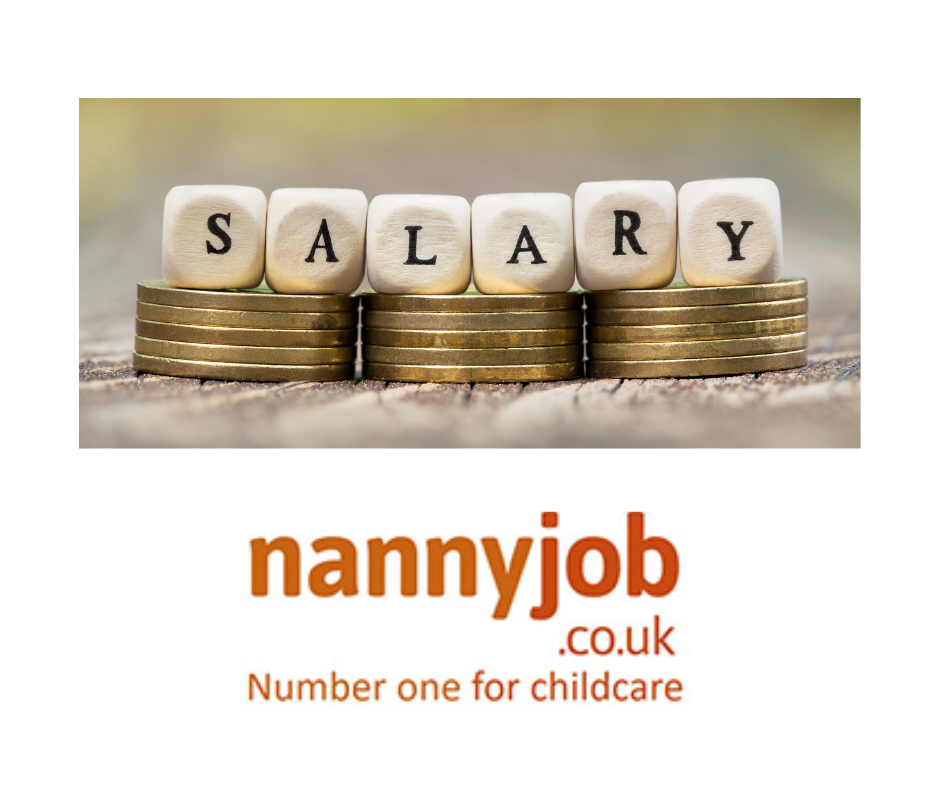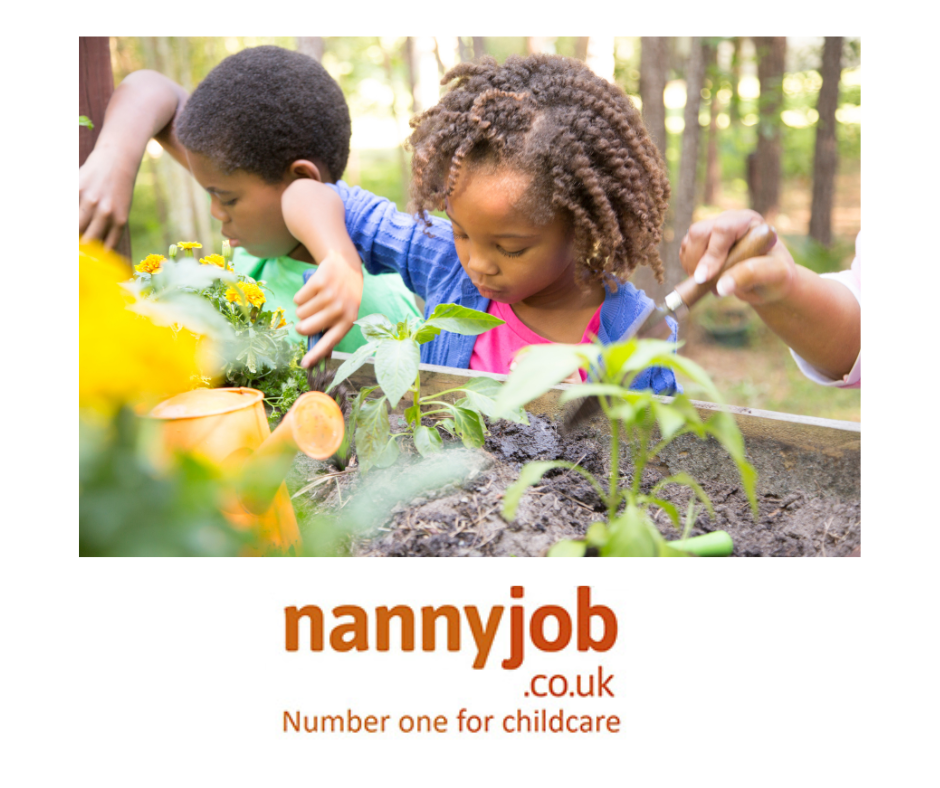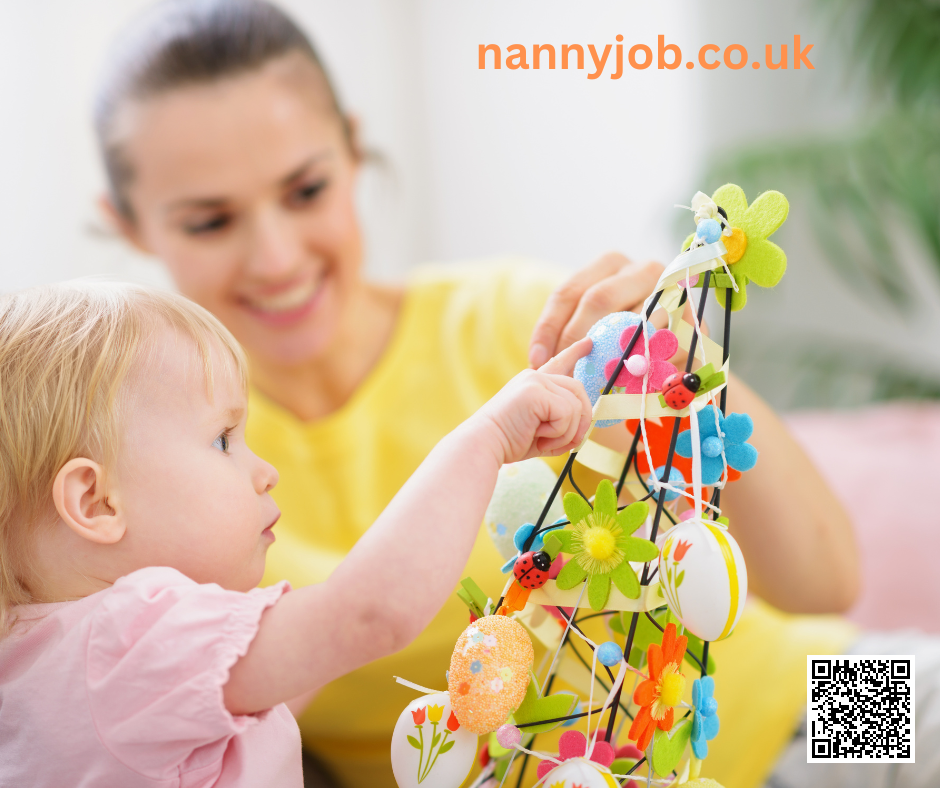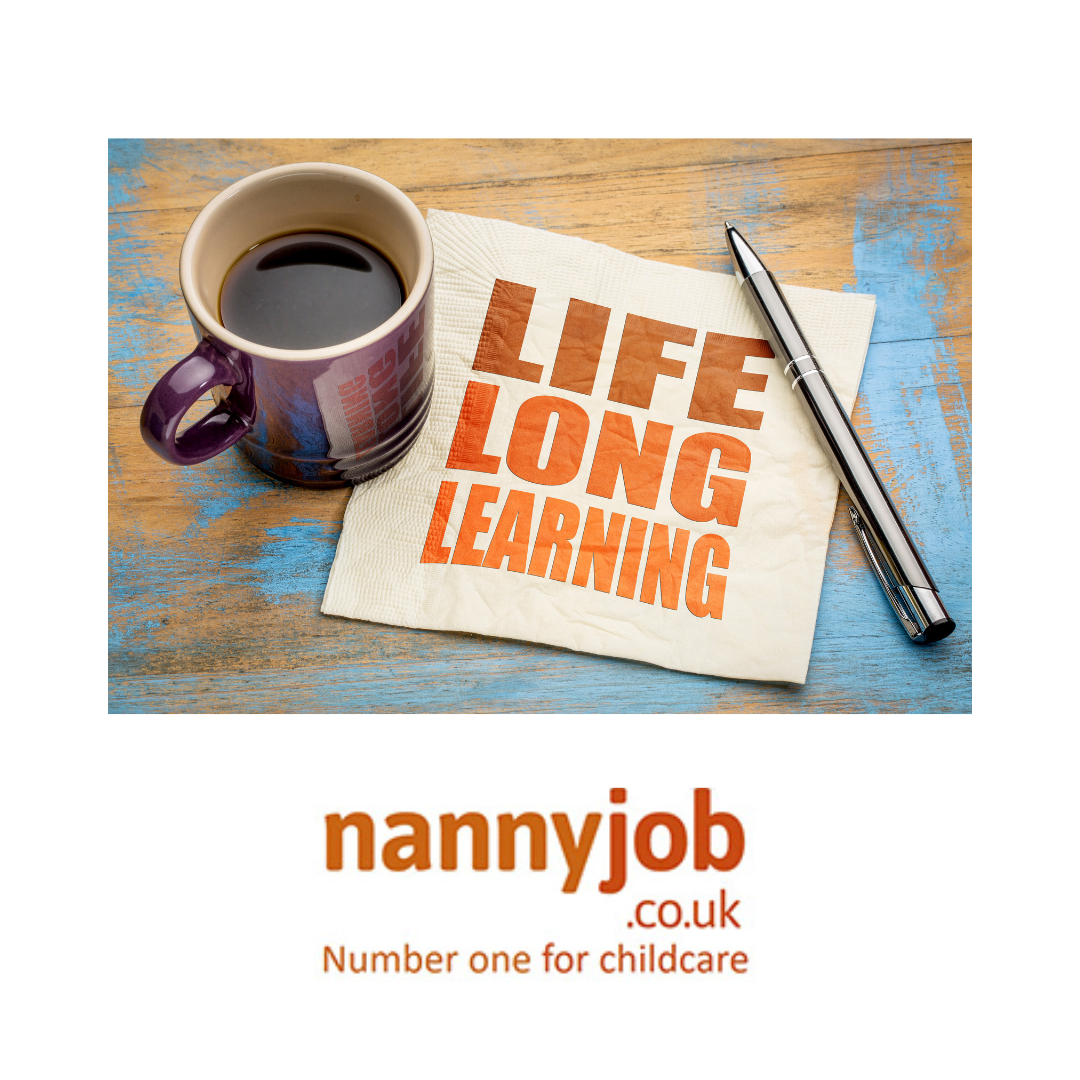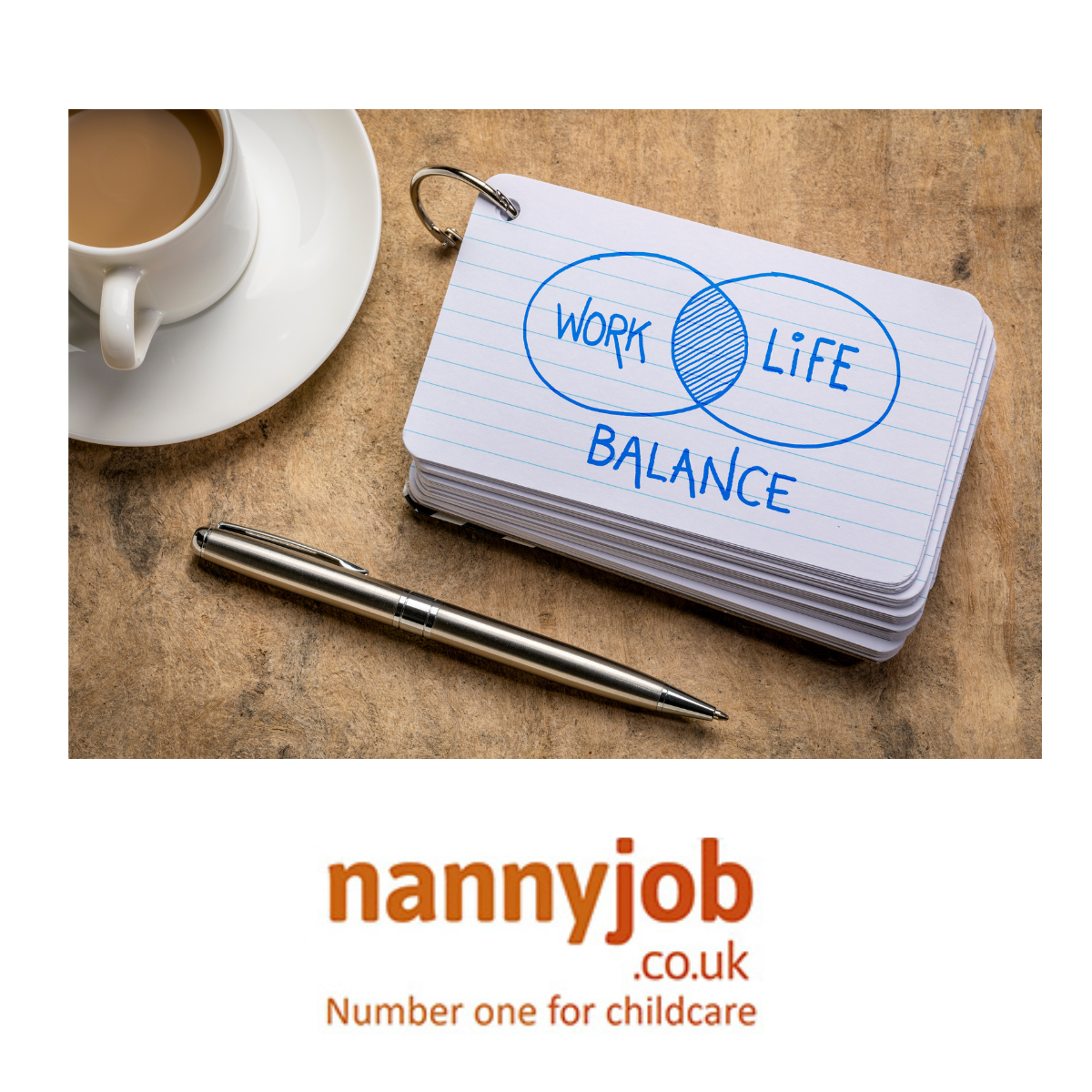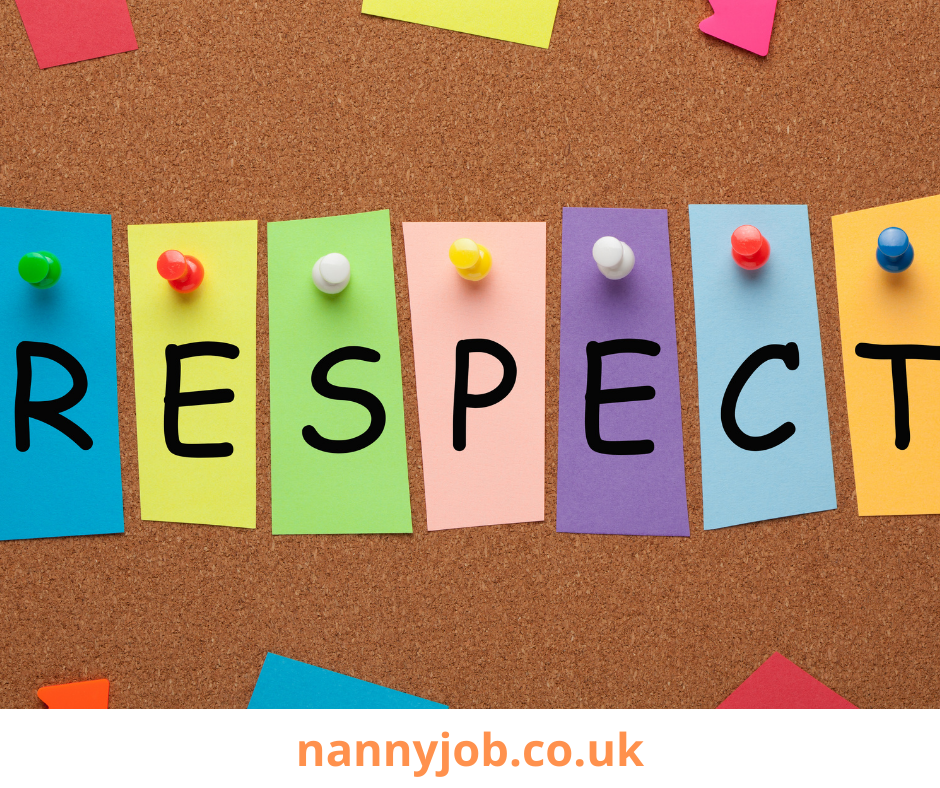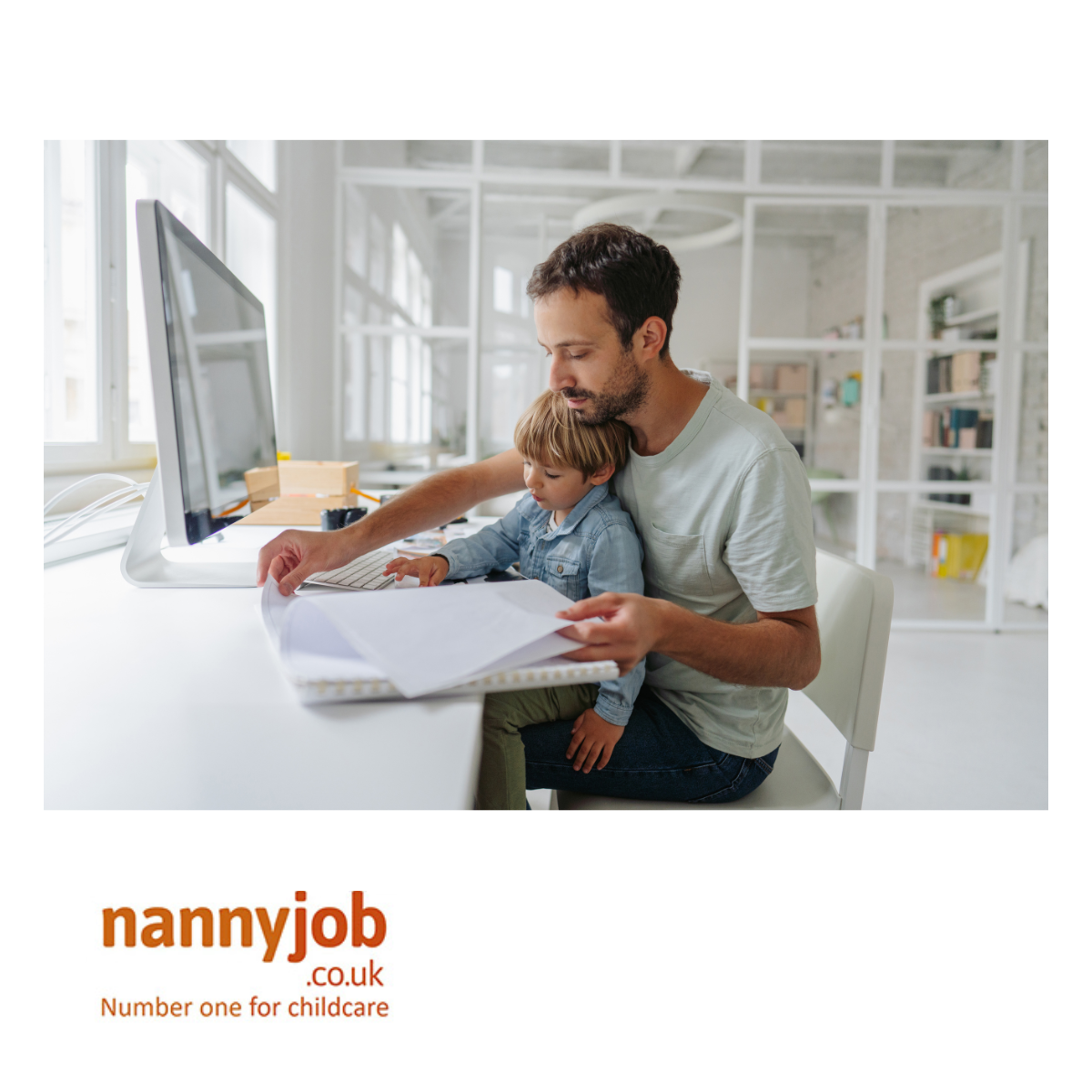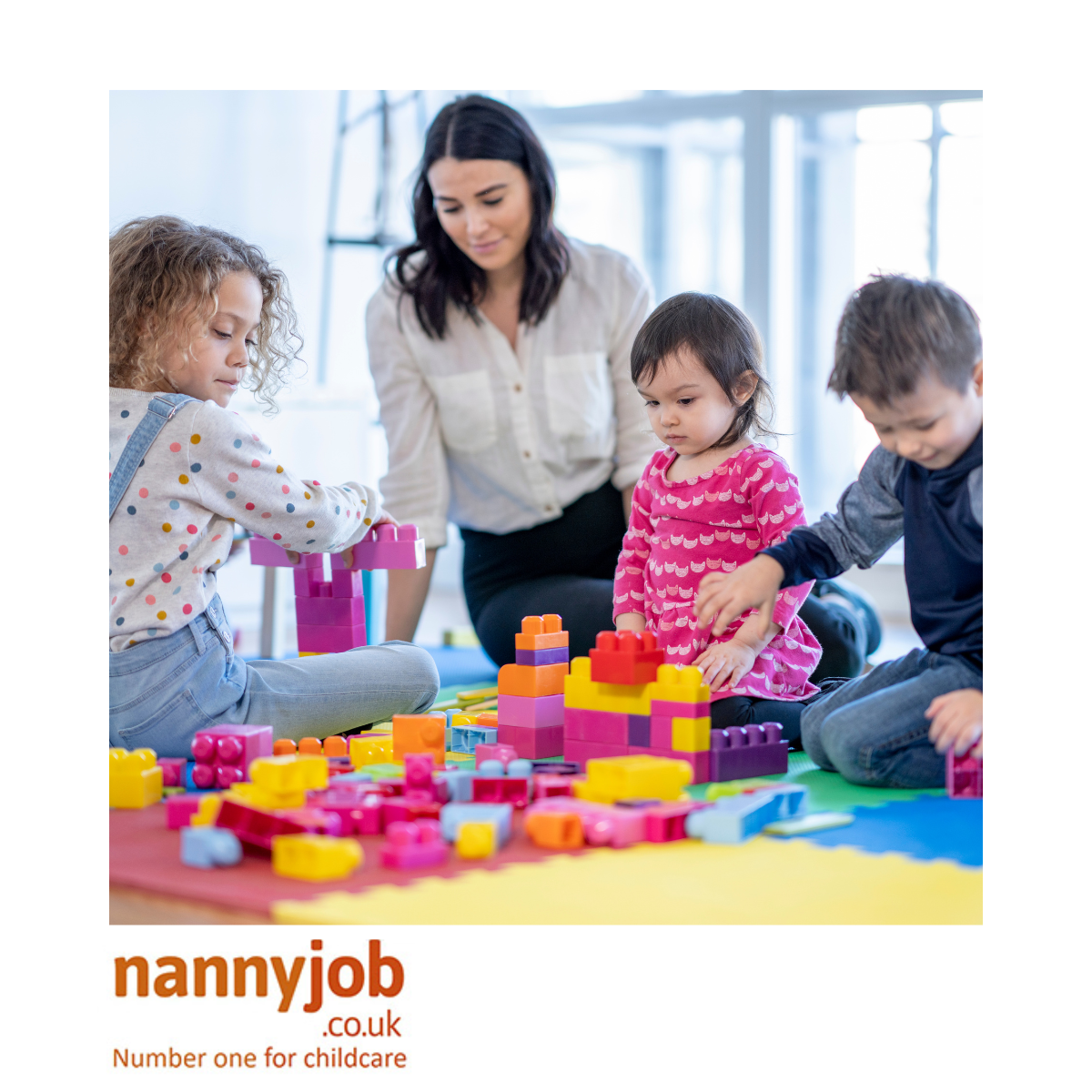What is Statutory Pay?
As a nanny employer, there will be a number of Statutory Payments you may need to pay your nanny over the course of their employment. It’s important that you familiarise yourself with each payment and it’s helpful to be aware of the terminology when employing a nanny!
Statutory Sick pay (SSP)
As a nanny employer, if your nanny is absent from work due to ill health, you are responsible for administering Statutory Sick Pay. As of 2015 employers are no longer able to reclaim SSP from the government, so you will need to cover your nanny’s sick pay yourself (the 2023-2024 rate for SSP is £109.40).
Maternity pay
If your nanny becomes pregnant and goes on maternity leave, as her employer you will be responsible for her Statutory Maternity Pay. The pay rate for the first six weeks of maternity leave is 90% of your nanny’s average weekly earnings, the weekly rate for the following 33 weeks is £172.48 or 90% of your nanny’s average weekly earnings – whichever is lower. Statutory Maternity Pay is funded by the Government but you will need to and are responsible for submitting the maternity pay claim, find out more.
Holiday pay
Your nanny is entitled to a legal minimum holiday allowance and to holiday pay, which you are responsible for paying. A full-time employee is entitled to a minimum of 28 days of paid annual leave – this includes the 8 UK bank holidays. You can use the Nannytax holiday entitlement calculator to work out how many days or hours of paid holiday your nanny is entitled to: www.nannytax.co.uk/holiday-calculator
This blog was written by Nannytax, the award-winning and UK leading nanny payroll experts with over 25 years experience.
Discover more about Nannytax here.


